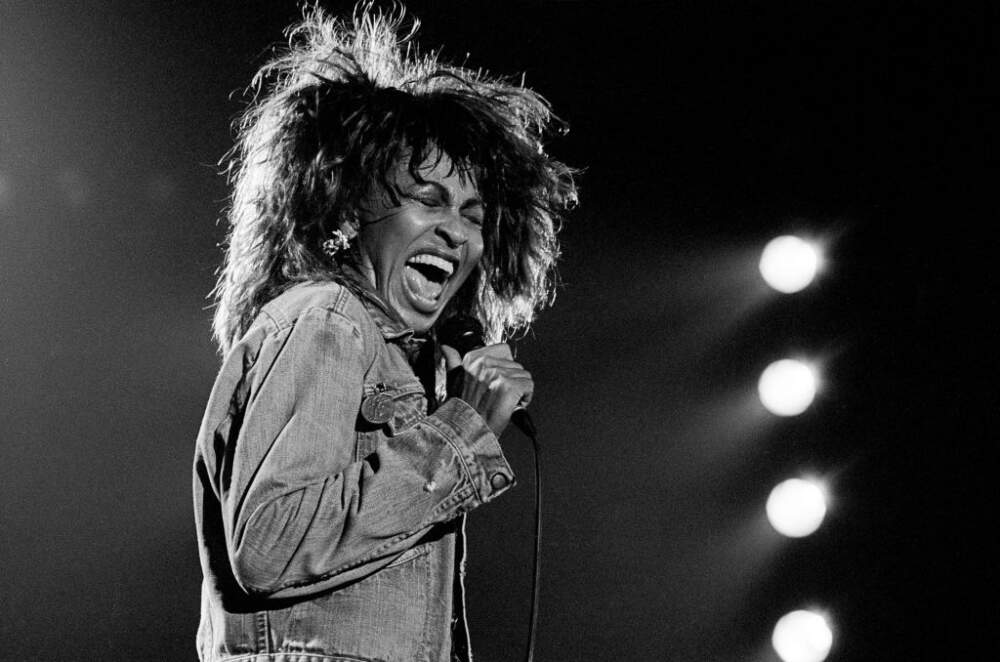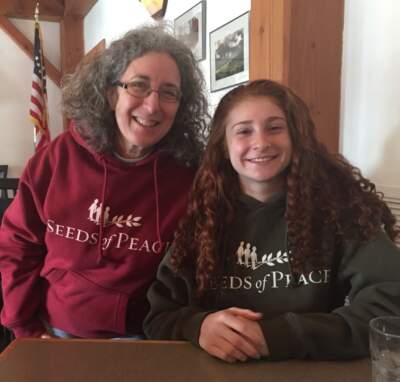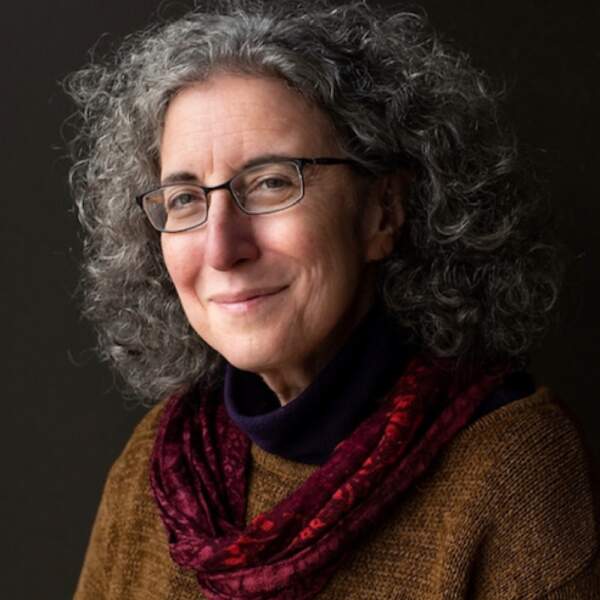Advertisement
Commentary
Tina Turner gave me hope

I’ve cried twice in my life when a celebrity died.
The first was Ernie Banks, the ever-optimistic Chicago Cubs infielder who used to say, “It’s a beautiful day, let’s play two.” Becoming a baseball fan and rooting for the Cubs brought me out of my grief, after I lost my father to cancer when I was 7-years-old. When I read the news that Ernie had died, decades later, I turned to my wife and said, “You watch, they’ll finally win the World Series now — Ernie is up in heaven making the case that 100-years plus is long enough for Cubs fans to have suffered.”
I don’t believe in heaven, but in that moment, I needed magic to happen. Ernie must have been persuasive, and the team clinched a World Series win a year later. I cried when the Cubs won — for my dad, for Ernie Banks, for the fans and for the reminder that there is repair after loss, and joy accessible with some effort.
Yesterday, I got a text — someone I had lost touch with, sending condolences to me about Tina Turner. “So sorry to hear the news. I know how much she meant to you.” I was in a work meeting at the time and didn’t hear a word anyone said for the next hour. I held my tears until the workday ended, and I thought throughout the evening on why I felt this loss so personally. It wasn’t about being a “fan,” although I’m a big one.
What was it, I wondered, that made me both grief-stricken and grateful?
Tina Turner’s story was told in her memoir, “I, Tina,” and in a film based on her book — “What’s Love Got to Do With It” — in which she speaks openly about being abused physically, sexually and financially. She left her abuser with only pennies in her pocket and slowly started over again. It took years.
She played the Vegas strip to survive and was “discovered” again in her late 40s and started over one more time. She filled concert stadiums around the world, won multiple Grammy Awards, played the Acid Queen in “Tommy” and Aunt Entity in “Beyond Thunderdome,” and is known worldwide as the Queen of Rock ‘n Roll. She was inducted into the Rock and Roll Hall of Fame twice, first as part of the Ike and Tina Turner Revue, and years later as a solo performer. I watched the public part of her life unfold and received it as a gift, a life lesson of what is possible.
I had dreams and hopes and plans in my early 20s that were waylaid by a violent attack and sexual assault by two men during a home invasion. It took me years to recalibrate, and I spent more time than I ever anticipated grieving all that I had lost.
Advertisement
I watched the public part of her life unfold and received it as a gift, a life lesson of what is possible.
But, slowly, I built a life. I fell in love, continued my education, had two children and, finally, published a book, having given up on writing after the assault left no room for creativity or concentration. There were friends and family and hard work and glimmers of hope that kept me going. And somewhere along the journey of my life, Tina Turner showed up and helped me continue on with the belief that one’s life is worth living and possibilities exist, if you can find a path forward.
I have a video of my daughter, Becca, when she was four years old, running in a giant circle through the kitchen into the living room and around again, dancing and singing to Tina's music. I watch that video and laugh at the early indoctrination of my kids. I hoped they'd see it the way I did: this music is special; this person is a talent for the generations.

When Becca was 13, I took her to Tina Turner's farewell concert. It was the first live concert she had ever been to, and my third time seeing Tina live. The audience was filled with people who were able to get these precious tickets, and there was no one else anywhere near my daughter's age. But we danced and sang for hours, and when it was over, I remember thinking: If Tina Turner has that much energy and can out-dance her backup dancers when she is almost 70, maybe she'll do another final tour in her 80s and still dance with more joy and energy than anyone I'd ever seen.
In fact, it was farewell — she retired. But anyone who has seen her concerts whether in person or online knows the magic.
So yes, I loved her singing and dancing and display of power and sexiness. I loved that my daughter took my phone one day and changed my name in the settings, so that when I asked Siri a question she would reply, Okay, Simply the Best, I can help with that. But that wasn’t what made me feel such a deep connection to Tina Turner — or why I cried when I heard she died, and can’t stop thinking about her now.
Tina Turner was my beacon of hope that I could survive. That I could thrive. That I could follow the dreams I once had, and build a meaningful life. That love and peace and ease were possible. That grief and trauma do not need to define you.
I love Tina Turner for that most of all, and will be ever grateful for the power of that message and the example she set for millions of us.
She truly was, Simply the Best.

